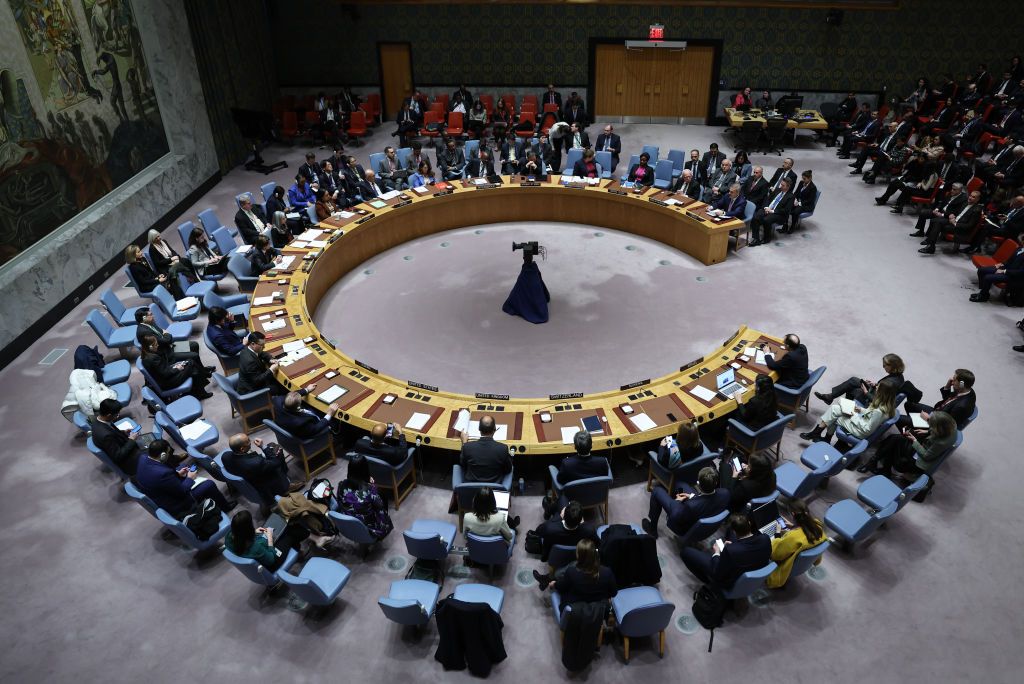Libyan Pilgrim’s Tenacity Leads to Flight Success Amid Emergency Landings

In a remarkable twist of fate that many are calling “divine intervention,” a flight carrying Hajj pilgrims from Libya to Saudi Arabia faced serious challenges, ultimately leading to the inclusion of a special passenger—Amer Al Mahdi Mansour Al Gaddafi. The incident highlights not only the perseverance of one young man but also the ongoing implications of political history in modern-day Libya.
Amer Al Mahdi Mansour Al Gaddafi, a Libyan national, had set out with the intent to fulfill one of Islam's most sacred duties: the pilgrimage to Mecca, known as Hajj. This pilgrimage is considered the fifth pillar of Islam and is a journey that every Muslim who is physically and financially able must undertake at least once in their lifetime. However, Gaddafi's journey was met with significant obstacles before it even began.
Upon arriving at the airport, Gaddafi was unexpectedly held back during the immigration process. His surname, Al Gaddafi, continues to evoke scrutiny due to its association with the former Libyan dictator Muammar Gaddafi, who ruled the country until his overthrow during the civil unrest over a decade ago. This lingering connection to a controversial past led to a security delay that left Gaddafi stranded at the counter while his fellow pilgrims boarded the plane.
Despite his repeated attempts to convince airport officials to allow him to board, the flight captain made the tough decision to depart without him. Citing security uncertainties and the need to adhere to a strict schedule, the captain felt compelled to proceed, leaving Gaddafi behind. Still, his determination did not waver. Gaddafi resolutely stated to airport authorities, “I will not leave this airport until I depart for Hajj.”
As the flight took off without him, it quickly encountered technical problems. It had to make an emergency landing shortly after takeoff due to a malfunction. Following a period of delay for minor repairs, the aircraft took off again, but soon faced a second technical issue that necessitated yet another emergency landing. The incidents left the passengers anxious and the crew on high alert.
After the plane returned to the ground for the second time, the captain made a heartfelt declaration that resonated with many: “I swear I won’t fly again unless Amer is with us on this plane.” This statement not only highlighted the camaraderie among the travelers but also underscored the apparent belief in Gaddafi’s destined participation in the Hajj.
In a swift response to the situation, authorities expedited the clearance process for Gaddafi, allowing him to finally board the plane. On the third attempt, with Amer Al Mahdi Mansour Al Gaddafi now onboard, the flight departed successfully without incident. The passengers and crew breathed a sigh of relief as they continued their journey, which held profound spiritual significance for all involved.
Reflecting on his journey afterward, Gaddafi expressed his profound desire, saying, “I only wanted to go to Hajj.” He emphasized his belief that if destiny had willed it, no obstacles could stand in his way. His story not only illustrates the persistence of faith but also serves as a reminder of the lasting effects of political contexts that can unexpectedly influence individual lives even years after regimes have changed.























